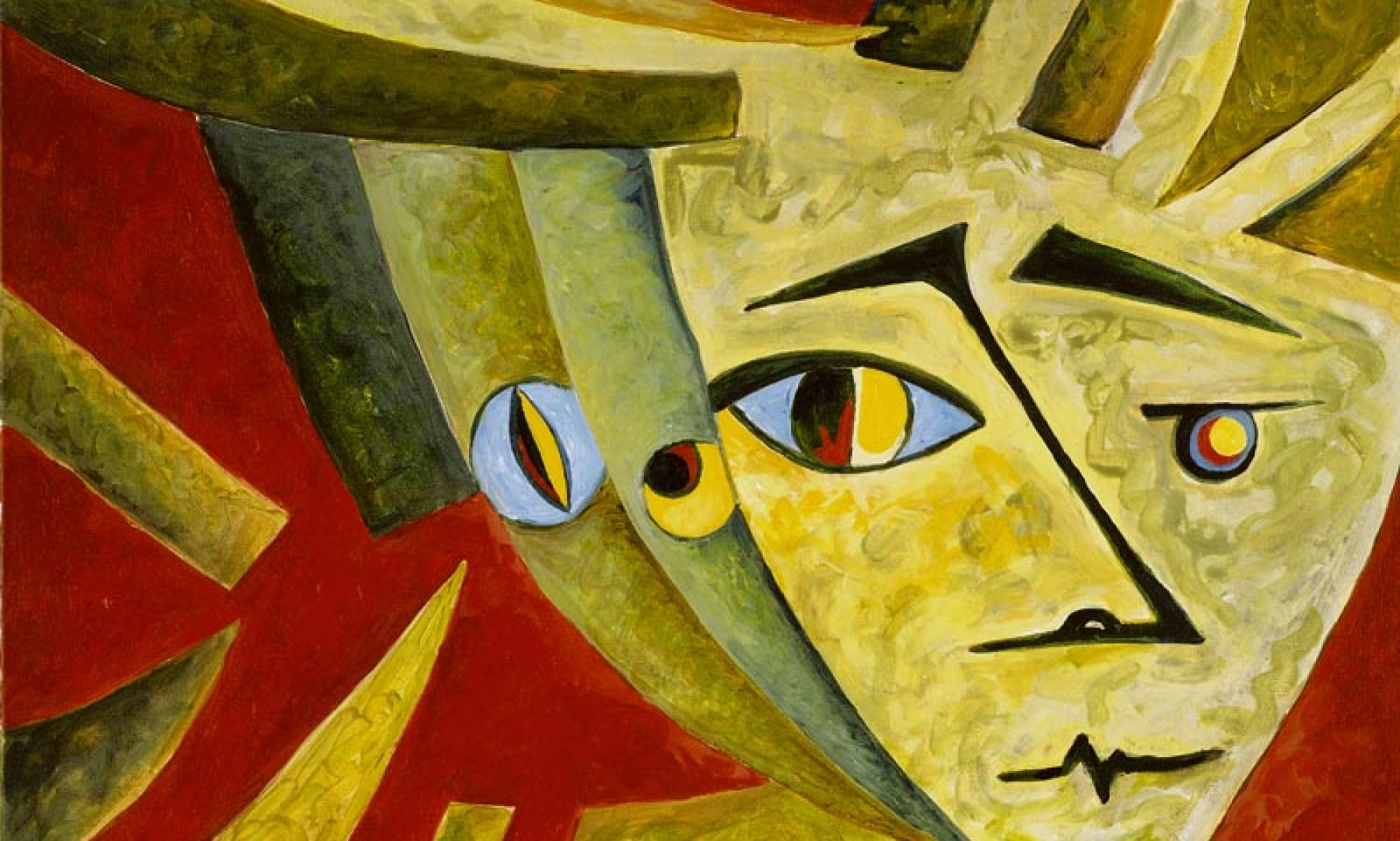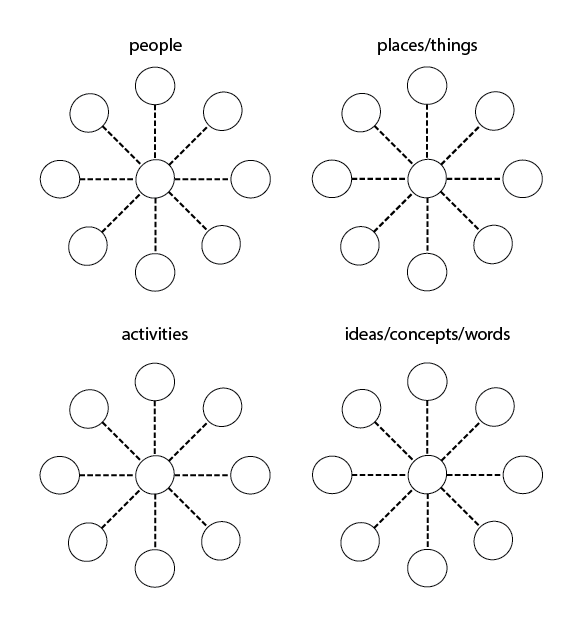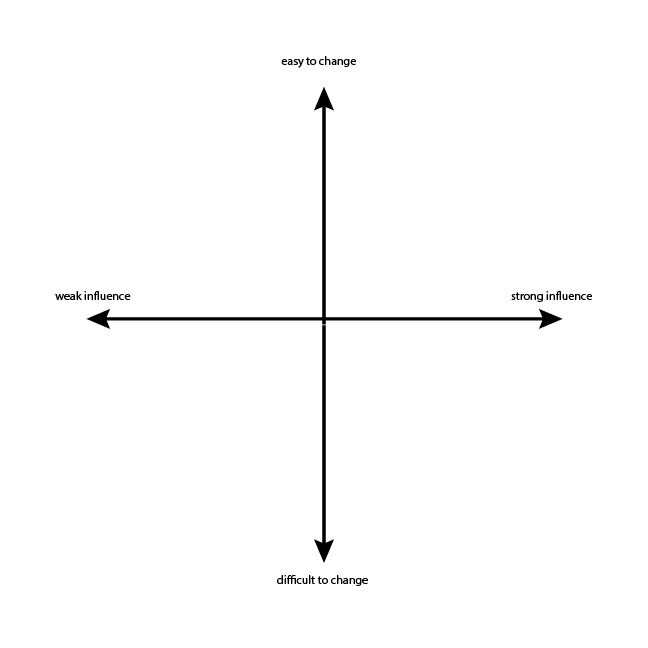I came to Chiavari with the idea to live as much as I could as a local. I planned to find my footing in a community if I could, and to let the community change me. Tonight that footing appeared, ever so fragile, but it appeared. A relational strum that made my heart happy. It is lovely and deserves to be nurtured with care. The community opened the door to me and I went through. Now, I need to offer myself in good ways.
I’ve been going to a cafe a couple of times a day called Snaporaz. It’s at the end of the street where I live. It’s a local business, like most are here, run by a husband and wife. It’s nothing fancy from the outside, the plants on the wall outside need a pruning and daily watering — a secret project that I might take on Sunday. Their focus is on their customers.
The people on the inside though are warm and lovely. Over the course of the past eight days I’ve visited daily, sometime twice. I see some of the same faces and feel like it’s a little community, just the kind of place that I feel comfortable cautiously letting into my. sceptical heart. To letting it influence me. It feels good. The people feel good. The cafe feels safe.
It’s not so hard considering I can’t speak Italian. My caution is replaced with not having any idea what the heck is even going on. I can barely order coffee or my evening Aperol Spritz, so, listening to the daily chatter is impossible. And, it’s so welcomed; it’s like a brain cleanse. The parts of my brain that process english are reserved to work and coding with Grayson, otherwise dormant. All that gets into my brain while I am out is a stream of unfamiliar sounds, and the occasional person speaking english about some perceived negative experience they had.
Grazie and prego are words that I hear over and over everywhere I go. People genuinely seem grateful for one another, and even though I feared being mistaken for an American, they seem grateful for me too, even before I use the few words I know to try to explain I’m Canadian.
Tonight after dinner I decided I decide to drop into Snaporaz. Gabriel saw me hovering about while they seemed to be getting ready to close. He invited me in and made me my usual Aperol Spritz. I went outside and sat with the people that had gathered around a cluster of metal tables. I met some lovely people. I met the owner’s daughter, with a name I’d only heard once before, owned by a surfer in Maui. Their friends own a local fish restaurant which I will go to tomorrow. And a few others. I felt connected and accepted.
They asked me why I had chosen Chiavari to visit and I tried to explain that I’d given my AI, Grayson, a list of criteria about the type of place that I wanted for my working retreat. Walkable streets, no cars — the kind of place where the cafes feel local and the people are friendly. Where I could make connections and feel like I was part of a community. And here I am.
So I only have a few days left but I know they will include these people. My little and new Italian family.
Sono arrivato a Chiavari con l’idea di vivere, per quanto possibile, come una persona del posto. Avevo in mente di trovare un mio equilibrio dentro una comunità — se ci riuscivo — e di lasciarmi cambiare da essa. Stasera quell’equilibrio si è fatto vedere, fragile sì, ma reale. Una vibrazione relazionale che ha reso felice il mio cuore. È qualcosa di bello, e merita di essere coltivato con cura. La comunità mi ha aperto la porta, e io l’ho attraversata. Ora sento il bisogno di offrirmi in modi buoni.
Frequento un bar due volte al giorno che si chiama Snaporaz. È in fondo alla via dove abito. È un’attività locale, come quasi tutte qui, gestita da marito e moglie. Non ha nulla di appariscente visto da fuori — le piante sul muro avrebbero bisogno di una potatura e di un po’ d’acqua ogni giorno — un progetto segreto che forse prenderò in mano domenica. Loro, però, si concentrano sui clienti.
Le persone all’interno sono calde e gentili. Negli ultimi otto giorni ci sono andato ogni giorno, a volte due. Ho iniziato a riconoscere alcune facce e a sentirmi come in una piccola comunità — proprio quel tipo di posto dove, con cautela, riesco ad aprire il mio cuore scettico. Dove posso lasciarmi influenzare. È una bella sensazione. Le persone sono belle. Il bar è un luogo sicuro.
Non è così difficile, considerando che non parlo italiano. La mia cautela è stata sostituita dal fatto che spesso non ho proprio idea di cosa stia succedendo attorno a me. Riesco a malapena a ordinare un caffè o il mio Aperol Spritz serale, quindi seguire le conversazioni quotidiane è impossibile. Eppure, tutto questo è molto benvenuto — è come una pulizia mentale. Le parti del mio cervello che elaborano l’inglese sono riservate al lavoro e al codice con Grayson — il resto è silenzioso. Tutto ciò che entra nella mia testa mentre sono fuori è un flusso di suoni sconosciuti, con qualche eccezione: ogni tanto qualcuno parla inglese per raccontare qualche esperienza negativa vissuta qui.
“Grazie” e “prego” sono parole che sento ovunque, continuamente. Le persone sembrano davvero grate le une per le altre. E anche se avevo paura di essere scambiato per americano, sembrano grati anche per me — persino prima che provi a spiegare con le poche parole che conosco che sono canadese.
Stasera, dopo cena, ho deciso di passare da Snaporaz. Gabriel mi ha visto girare lì intorno mentre sembravano sul punto di chiudere. Mi ha invitato a entrare e mi ha preparato il mio solito Aperol Spritz. Sono uscito e mi sono seduto con alcune persone radunate intorno a un gruppo di tavolini di metallo. Ho conosciuto persone adorabili. Ho conosciuto la figlia dei proprietari — con un nome che avevo sentito solo una volta, da un surfista a Maui. Alcuni amici suoi gestiscono un ristorante di pesce qui vicino, dove andrò domani. E c’erano anche altri. Mi sono sentito connesso, accolto.
Mi hanno chiesto perché avessi scelto Chiavari, e ho provato a spiegare che avevo dato al mio AI, Grayson, una lista di criteri sul tipo di posto in cui desideravo fare il mio ritiro di lavoro. Strade percorribili a piedi, senza macchine — un luogo dove i bar sembrano locali e le persone sono amichevoli. Dove potessi creare legami e sentirmi parte di una comunità. Ed eccomi qui.
Mi restano solo pochi giorni, ma so già che includeranno queste persone. La mia piccola e nuova famiglia italiana.


